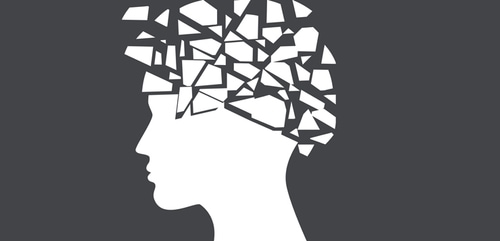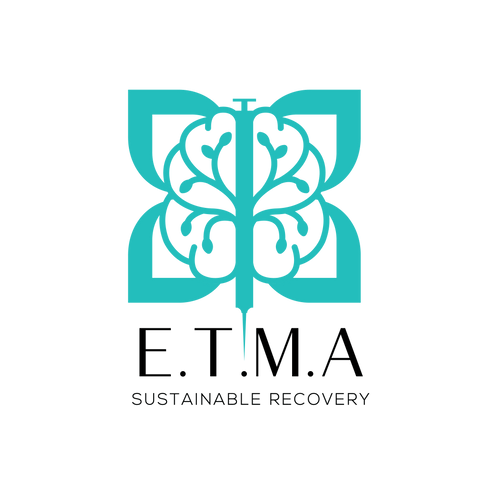Trauma as cause for addiction

Life not lived breeds addiction. And nothing more spells this truer than being a survivor of a traumatic event. Survivors of trauma have been sent a crystal clear message:
Their life is dependent on their safety.
Humans were born to live in freedom not cajoled into living in fear. But, trauma survivors have been taught that if not for their safety, they would be dead. There is a condition to life. And it is this, that can lead to addiction. Conditioned living creates a need for self-medication because it’s not right. People should live as they like, without having to worry about anything.
Survivors of trauma will thus suffer from post-traumatic stress illness (PTSI). PTSI is a comorbidity among addicts. This means that addicts could be suffering PTSI alongside addiction. For more information on PTSI as a comorbidity, please read here.
There is not one traumatic event that is specifically linked to a specific addiction. All forms of trauma can lead to all forms of addiction. For example, a sex addict could have been abused emotionally and seek validation in his/her addiction. Or an alcoholic could have drunk addictively to medicate the pain of having been raped. So, there is no corollary between a specific trauma with a specific addiction. It just happens as it does.
Symptoms of Traumatic Events
In all trauma, there are some underlying similarities. All traumatic events share these four core symptoms. They are as follows:
The traumatised individual did not expect the event. A victim of rape did not expect to be raped. A survivor of a car crash did not expect it. Yet, their minds can shame them for having been not responsible enough. It can have the power of making them fearful or over-controlling. This is to compensate for the lack of control experienced in trauma. The mind’s need to retaliate creates the warped or fearful core beliefs of the traumatised.These beliefs form a base in which addiction is built upon.
Trauma survivors will feel unprepared for the experience. It’s like sitting for an important exam, without preparation. Without adequate preparation, people are not well equipped to deal with the challenges. So it is with traumatised people. They have felt a failure for being unprepared and victimised. Like addiction, expect massive amounts of denial. In fact, trauma denial runs deeper than addiction. It will take many years to recover from it. But, in addiction recovery, the only way to deal with underlying trauma is to treat the addiction first. It’s because the addiction has been used as a tool to hide the trauma. Without addiction treatment, the traumatised wounds will fester.
Part of being unprepared and having no expectations, leaves traumatised people powerless. They have a huge sense of powerlessness around life itself. If they could not control the traumatic situation, they don’t think they would fare better in anything else. This leaves them in self-sabotaging behaviours such as in addiction. They will sabotage themselves whenever they sense success coming their way.It’s because deep down inside, they know that with success comes more opportunities for shame or failure.
Lastly, the traumatic event wasn’t the person’s fault. Yet, to the traumatised, it was all their fault. They can’t help but feel that they had a part to play in the event. This leads them to take responsibility for things that are not connected to them. Their sense of boundaries become warped. This creates codependent relationships with loved ones. The way out of these painful relationships are through addictions.
Types of Trauma
Sexual abuse is traumatic. It’s traumatic precisely because it’s usually induced by someone the victim knows, closely. This could be a close friend or relation. There is a deep sense of betrayal that is felt. The emotional strain in figuring out what happened may lead victims to self-medication. Hence, addiction happens to stifle the pain and shame of sexual abuse.
Grief can happen as a result of death or serious injury to a loved one. The process of grieving is so complex that it needs a guided path towards healing and acceptance. Yet, if victims of grief are unable to process these events, they could find ways to numb the emotional pain. Often enough, this leads to substance abuse or other addictions.
Growing up should not be painful. But, for some children, childhood is hell. Schools are not safe environments for students. Education for some still comes with the rod. Some asian homes are even less desirable. With adults taking their anger out on their children by beating them up. Child abuse is a painful experience. Again, addiction offers a soothing remedy for the pain of being abused by a loved one. Read “How Childhood trauma affects addiction” in our Solace Blog for more information.
Even as adults, we can get traumatised. Such incidences may include emotional and verbal abuse from others. It can also include being a victim of crime or surviving accidents. These events would be painful to face without a soothing remedy. Hence, they become addicted to substances to quell the feelings of continuous trauma.
Having survived a natural disaster can be severely traumatising. Earthquakes, floods, tornadoes, and tsunamis are terrifying experiences. With loss of income, home, family and friends, grief is expectant. The process to heal is complex. Unless processed, will leave one in traumatic pain. Addiction helps to numb the pain.
Seek treatment at Solace Sabah
If you suffer from trauma, there is hope in recovery. You do not have to live with the pain of trauma, festering away. How we approach trauma in addiction treatment is by healing the addiction.
For some time, the addiction has numbed the pain of the trauma. By treating the addiction, the psyche is open to receive healing from the traumatic past. For more information on treatment at Solace Sabah, give us a call. We’re always happy to be of help.

